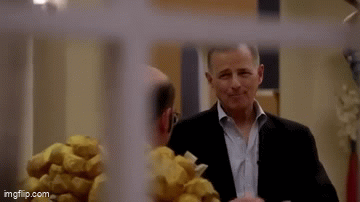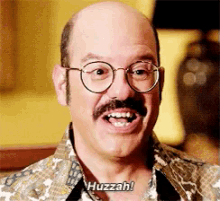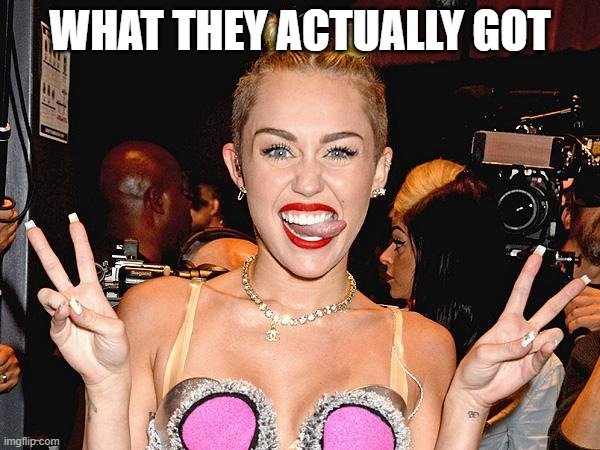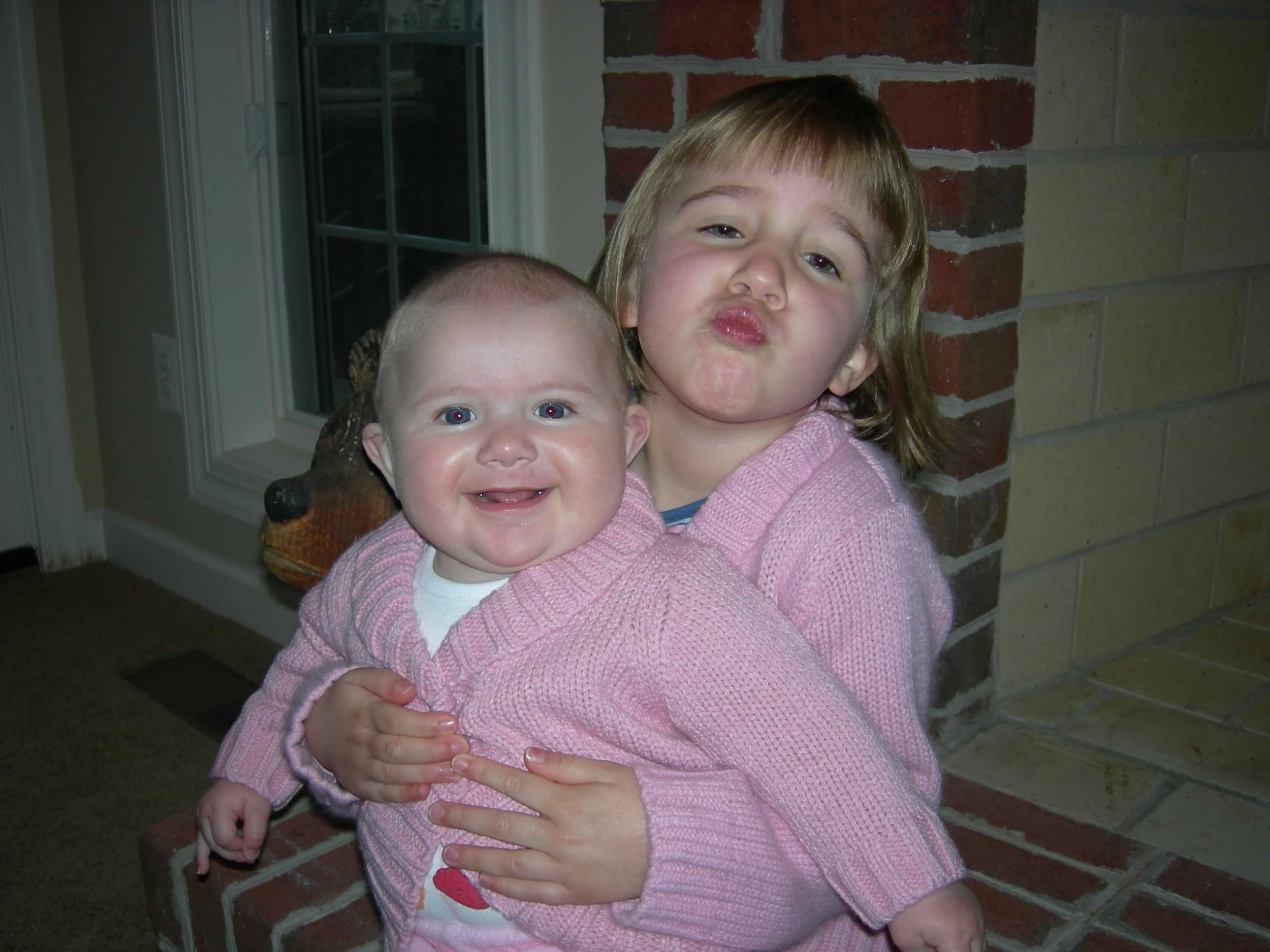By M. Paulson
Ronnie Radke of Falling in Reverse has been arrested for domestic violence, has injured his fans at shows, and starts conflict with other stars, but he is an admittedly talented vocalist.
Each TikTok that appeared on my page with Ronnie Radke speaking involved his ranting, crazed, manic, frothing-at-the-mouth comebacks as he responded to people’s criticism.
“The other guy brought a gun, and he ended up dying. There was 12 of them, and only 3 of us. Then I had to go to prison. Then I had to feel bad because someone died.” Cue one of his songs, incoming a joke about how he’s going to personally fight the commenter who called him out for his involvement, punching at the screen with his long rocker-style hair flying everywhere.
I frowned as I scrolled past the video but ended up looking through his accounts across social media, engaging with everything he’s said on social media and everything others have said about him. I had been a casual listener in the past, maybe even a fan. I was starting to doubt my interest.
I came to find that he insulted everyone, including his fans. When Radke cancelled his tour due to being denied entry into European countries, he told a fan via livestream who asked why it was cancelled:
“So go, f*ck yourself. f*ck you. I f*cking hate fans like that. You're not a f*cking fan. You're entitled, spoiled little f*cking brat. Go, f*ck off. f*ck you.”
He had an enormous ego, and that was only fueled by his super fans that would tag him in comment sections so that he could respond personally to whoever was hating on him.
Anger and frustration bubbled up in my chest. How can anyone think saying any of this is okay? When I couldn’t take it anymore, I just blocked him. I clicked “not interested” on the videos that filled my feed praising a man who threw tantrums, who couldn’t take a joke even if it was coming from a fan.
Unfortunately . . . I couldn’t seem to keep him away. He kept coming back, like a cockroach, no matter how many times I blocked him on social media
In the midst of the COVID pandemic in 2020, when everyone’s significant other had more time on their hands to show they cared, my ex made a playlist for me. Most of the songs were unappealing, until Falling In Reverse popped up as the next one on the list.
“I break down, falling into love now,
With falling apart.
I’m a popular, popular monster.”
The music was catchy. The quiet drums that built up to the chorus, the alternative rap style that the lead singer took on during the verses, his voice reverberating and his screams strong with metal influences: all created a song that I couldn’t stop listening to. And the emotion and honesty thick in his voice let me relate to how he felt. I was beginning to understand these feelings the singer expressed struggling with. Okay! I could get behind this.
Then I started listening to the band’s discography. I put on the next song.
“Sorry, girl, if this is quick,
So please just take it in the a** and suck my d***.”
What was with the demeaning and violent sexual lyrics? When I got to that song—which was one of the most popular of the band’s—Apple Music even censored it for me. I could see why people were drawn to it: even I was drawn to it. His voice was strong, taking on the whiny emo-boy tone that was perfect for the genre. I eventually skipped over it, deciding the song was not for me. Then the next song started playing. I thought it couldn’t get worse.
“She called the cops, and made it seem like I was mean.
She’s not your average lady, she’s fucking crazy.
Spelled C-U-N-T. Bitch!”
But it got worse. It was catchy, I hated to admit it. The cheerleader-like spelling of the slur, the drummer’s marching band-like beat, all contributed to a song that you just wanted to bop your head to. I hated the misogynistic content. But it was catchy. Sooner rather than later, a playlist that was supposed to mean something to me started to make me uneasy. I progressively grew more uncomfortable and agitated when I listened to the next song:
“Pick yourself up off the floor,
Wipe the tears from off your face
Because the cops are knocking at the door
They’re gonna wanna know what’s up!
Better tell them that you fell.”
My stomach churned, disgust sitting in the pit of it. Even this song is addictive, I thought, before I delved into the lyrics. The audio of the phone dialing at the beginning, Ronnie’s fierce vocals, the loud guitars, the quick singing. Who was behind these lyrics? Suddenly, I couldn’t stand it anymore. My head was riddled with guilt when I realized that the songs I found catchy before were not what I wanted to be listening to.
That’s when I began to delve into the world of Ronnie Radke.
Upon several internet searches, I found these titles: Rocker Arrested After Throwing Mic Stands Into Crowds. Ronnie Radke Won’t Apologize for Throwing Mic Stands Into Crowd. Falling In Reverse Singer Ronnie Radke Arrested on Domestic Assault Warrant. Ronnie Radke Talks Getting Out of Prison, Getting Kicked Out of Escape the Fate.
It’s safe to say I was concerned. Matched with his lyrics addressing his exact domestic violence situation (“she called the cops, made it seem like I was mean”), and the fact that his lyrics were obscenely misogynistic (“spelled C-U-N-T. Bitch!”), the dude was foul. But anyway, I thought, separate the art from the artist, right?
I continued to listen to the band, to the songs that I hated to admit were catchy. The guilt didn’t subside, but instead grew stronger, constantly feeding into the guilt while listening. A little voice in the back of my head said, Can you really separate this art from the artist? I tried to keep listening without really listening to the lyrics. I hated that I loved this music, despite his confessions of abuse and hate. I loved Radke’s voice, the drumming, and the guitar solos. I couldn’t stop.
Was I addicted to the bad feeling? So, I needed to put a stop to this.
After I blocked him, acknowledging my hate while listening to his music, he still popped up where I didn’t want him to be. A couple months later, Ice Nine Kills—a band I adored—was invited to go on tour with Falling In Reverse, causing my moral dilemma: do I buy tickets and see the band, or do I refuse in an unnoticed but moral protest? I got on Ticketmaster, but clicked off rather quickly, making my decision.
It was finally then when I decided to remove all of Falling In Reverse’s music from my library. After all of this time, I couldn’t support a band like this anymore. I couldn’t get away from all the pictures and videos being posted online.
Not that it matters: Falling In Reverse is a popular band, after all. They’re huge in the scene, selling out their shows. Even around my college campus, I’ll occasionally see a person sporting a Falling In Reverse t-shirt. Each time, my lip curls up in disgust. Somehow, his off-putting persona has appealed to an audience that wants someone “honest” and “real.” If I’m being honest and real, I hate it.
Each time his face pops up on my screen, I furrow my eyebrows. I thought I blocked him?!? Turns out, when someone creates a new account, those ones aren’t blocked either. So there I went, blocking him again, clicking “not interested.”
No matter how much I want to get rid of him, he kept coming back. But I also kept interacting with each video before I clicked off, feeling a surge of loathing in my chest.
When 2023 rolled around, Falling In Reverse announced that they would be going on tour, titled their Popular MonsTOUR. Around this time, their song Game Over was picking up more popularity and notice on social media.
Every so often, the internet rediscovers how awful Ronnie Radke is. Though his song Game Over was released in 2013, people started talking about it. One individual came on TikTok to simply say, “THIS SONG IS SO BAD.” Another said, “Ronnie Radke is actually insane. Beats women and assaults people. Then continues to sing, ‘MY LIFE IS LIKE A VIDEOGAME >.<‘.” So when Falling In Reverse went on tour in 2024, Ronnie took it to another level to personally take the TikToks and post them up on a screen behind him with faces and usernames while he sang the song and marched around the stage.
The algorithm thought I would like to see the tour, each video coming up while people screamed along with the lyrics and praised the man for calling out the haters. For whatever reason, no matter how many times I click “not interested,” the app just couldn’t seem to take a hint. He’s a pest who torments me every time I get online. It’s been years, Ronnie.
But as I continued to interact with these videos at least for a little before I click off of them, I began to come to a realization. I watched each video with a twisted hatred for each action. He’s a popular monster, a perfect candidate for bad decisions, but I am obsessed with the hate. Ronnie is a place to put my anger when he shows up on my For You Page.




























































